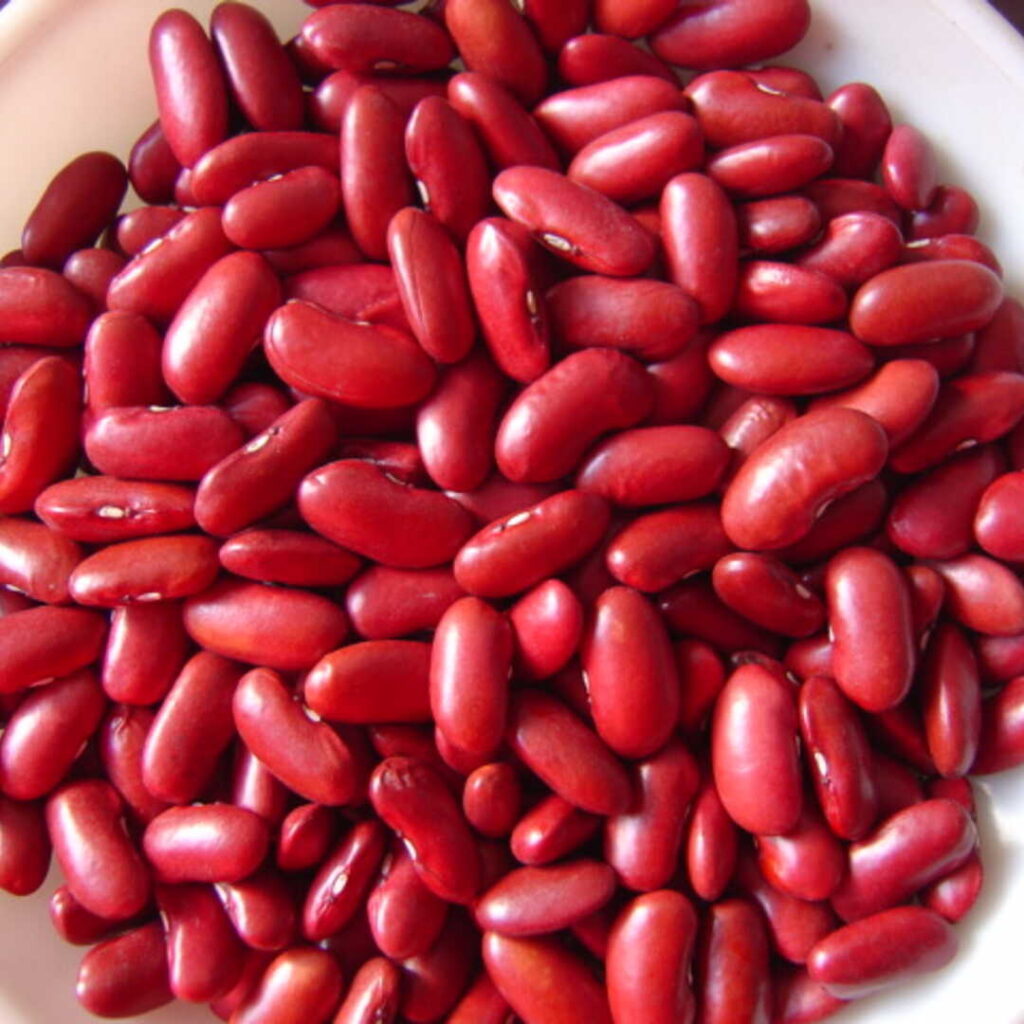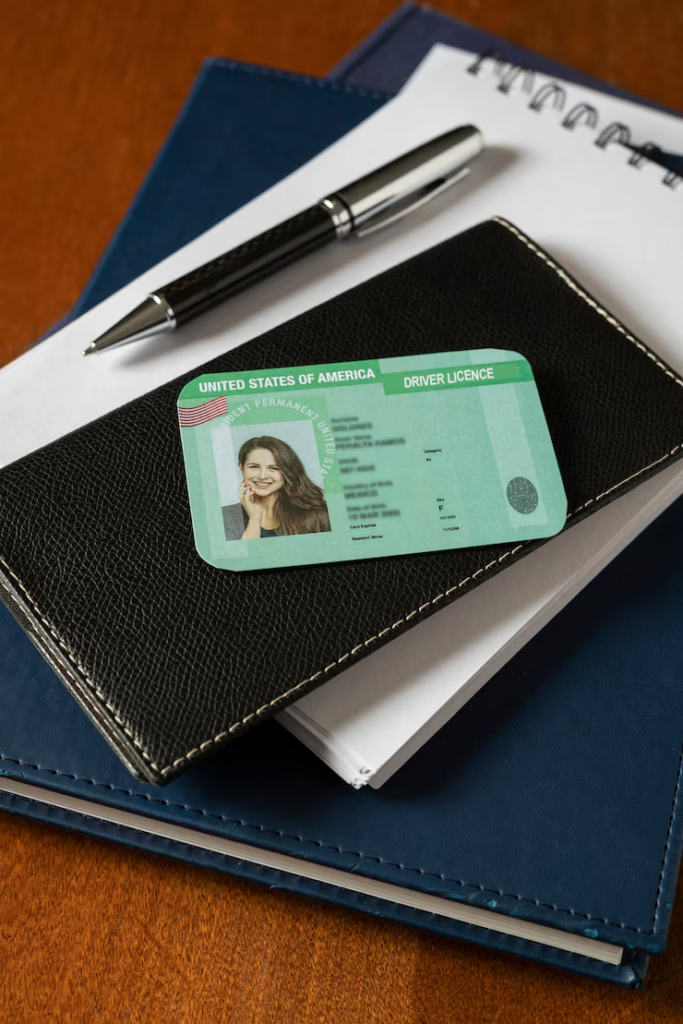Not too long ago, my mother called me in a panic.
Her longtime friend, Gloria—the kind of woman who brings guava pastries to every potluck and never forgets a birthday—had suddenly fallen ill. What started as a routine checkup turned into something much more serious, and before we knew it, Gloria was prepped for emergency surgery. But there was a catch. She needed a blood transfusion beforehand, and her blood type—A negative—wasn’t available at the hospital. “A” negative! One of those rare types you don’t think much about until someone you love needs it. We were shocked. Miami, a city that never sleeps, somehow didn’t have enough of this crucial supply. That moment, standing outside the hospital with my mother clutching her purse like it held the world, I realized how fragile the safety net really is—and how powerful a (single) blood donation can be.
So today, I want to talk to you about just that: blood donation tips. Whether you’ve done it a dozen times or never once considered rolling up your sleeve, this guide is for you—especially if you’re in your fifties, sixties, or seventies and still living life with the kind of gusto Gloria would approve of.
Blood Donation Tips: A Guide for the Young at Heart
Then, let’s embark on a journey into the world of blood donation—a simple yet profound act that not only saves lives but also enriches our own. For those of us in our fabulous fifties, sensational sixties, or splendid seventies, giving blood is a testament to our enduring vitality and generosity. So, let’s dive into some essential blood donation tips to ensure a smooth and rewarding experience.
The Ageless Gift of Life
First and foremost, it’s heartening to know that there’s no upper age limit for blood donation. As long as we’re in good health, we can continue to contribute to this noble cause. In fact, studies have shown that regular blood donors over the age of 71 can safely continue donating, with adverse reactions decreasing with age.
Preparing for Your Donation
Just as we wouldn’t embark on a morning walk without our trusty sneakers, preparing for a blood donation requires a bit of forethought:
Hydration is Key: Drink plenty of water the day before and the day of your donation. This helps maintain blood volume and makes the process smoother.

Iron-Rich Diet: Incorporate iron-rich foods into your meals, such as red meat, fish, poultry, beans, spinach, and iron-fortified cereals. This helps maintain healthy hemoglobin levels, ensuring you’re eligible to donate.

Rest Up: Ensure you get a good night’s sleep before your donation day. A well-rested body handles the donation process more effectively.

The Day of Blood Donation: What to Expect
Arriving at the donation center might bring back memories of our first dance— a mix of excitement and a few butterflies. Here’s how to waltz through the process:
Dress Comfortably: Wear clothing with sleeves that can be easily rolled up. This allows easy access to your veins.


Identification: Bring a valid ID, such as a driver’s license or donor card.
Health Screening: You’ll undergo a brief health check, including a hemoglobin test and a review of your medical history.


The Main Event: The actual blood draw takes about 10 minutes. Relax, listen to music, a podcast or chat with the friendly staff.
Post-Donation Care: Nurturing Yourself
Lastly, after donating, it’s essential to pamper ourselves a bit—think of it as a mini spa day for your veins:
- Replenish Fluids: Drink an extra four 8-ounce glasses of water over the next 24 hours to replace lost fluids.
- Snack Time: Enjoy a light snack provided at the center. It’s a great time to relax and perhaps share a story or two with fellow donors.
- Avoid Strenuous Activities: Refrain from heavy lifting or vigorous exercise for the rest of the day. Your body will appreciate the rest.
The Joy of Giving: Beyond the Needle
Since the act of donating blood is more than just a medical procedure, we could consider it a celebration of life and community:
- Share Your Experience: Encourage friends and family to donate. Sharing your story can inspire others to join this life-saving mission.
- Reflect on the Impact: Each donation can save up to three lives. That’s three families touched by your kindness.
Addressing Common Concerns
It’s natural to have questions or concerns, especially if it’s your first time donating:
- Medications: Most medications won’t disqualify you from donating, but it’s essential to inform the staff about any prescriptions or over-the-counter drugs you’re taking.
- Health Conditions: Chronic conditions like hypertension or diabetes don’t necessarily prevent donation, provided they’re well-managed. Always consult with your doctor beforehand.
- Feeling Faint: Some donors might feel lightheaded after donating. Resting, hydrating, and having a snack usually alleviates this.
The Bigger Picture: Health Benefits for Donors
While the primary goal is to help others, donating blood also offers personal health benefits:
- Health Check: Each donation includes a mini-physical, monitoring vital signs like blood pressure and hemoglobin levels.
- Iron Levels: Regular donation can help reduce iron overload, a condition that can be harmful over time.
Making It a Social Event
Why not turn your donation into a social outing?

- Bring a Friend: Donating with a friend can ease nerves and make the experience more enjoyable. Plus, you both get to indulge in post-donation snacks together.
- Join a Drive: Many communities host blood drives. Participating can be a wonderful way to meet like-minded individuals and strengthen community bonds.
Scheduling Regular Donations
If you find the experience rewarding, consider SAVING LIVES a regular part of your life
- Set Reminders: Mark your calendar or set reminders for your next eligible donation date. Regular donors are the backbone of blood supplies.
- Stay Informed: Keep abreast of local blood drives or shortages
Gloria, by the way, is doing just fine. The surgery was a success, and thanks to a last-minute match at another hospital, she got the blood she needed just in time. But that close call was a wake-up call for all of us. The need for blood is constant, and the urgency doesn’t disappear just because one story had a happy ending. If anything, Gloria’s recovery is a reminder that the next person who needs our help could be someone else’s best friend, mother, or favorite neighbor. So if you’re healthy and able, why not be the reason someone else gets their second chance?
Until next time, stay strong, stay generous, and remember—just one small act, like donating blood, can ripple out and change a life. I hope these blood donation tips have helped guide you toward this compassionate act. Be well, my friends.
Editor’s Note: The article is for informational purposes only and is not a substitute for professional medical or psychological advice. If you have any concerns, please consult a healthcare professional. Additionally, AI tools were used to assist in content creation and refinement of existing content.




